| A | B |
|---|
Patrick Henry, 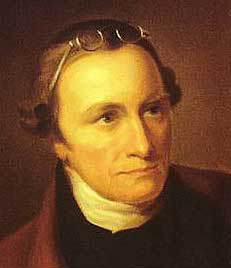 | Inspiring Patriot leader who said, "Give me liberty or give me death!" |
George Washington, 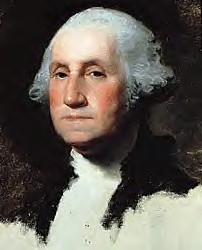 | Commander of the Continental Army and president of the Constitutional convention |
James Madison, 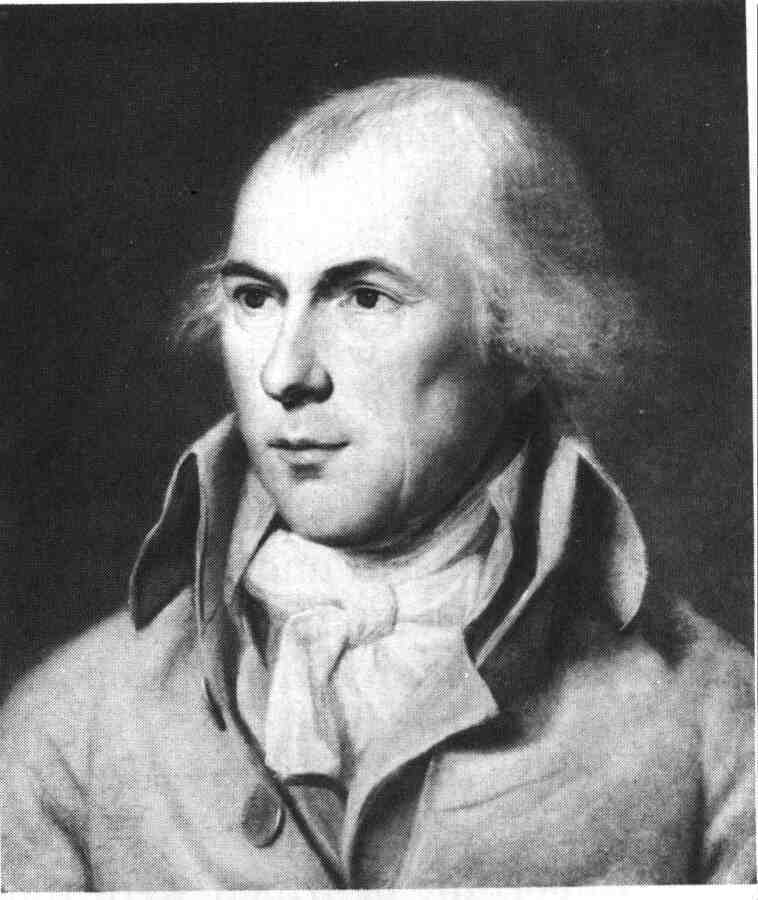 | Father of the Constitution & kept a journal at the Constitutional Convention |
Boston Massacre, 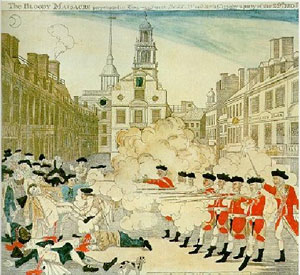 | British troops fire into a crowd of civilians in Boston |
The Boston Tea Party, 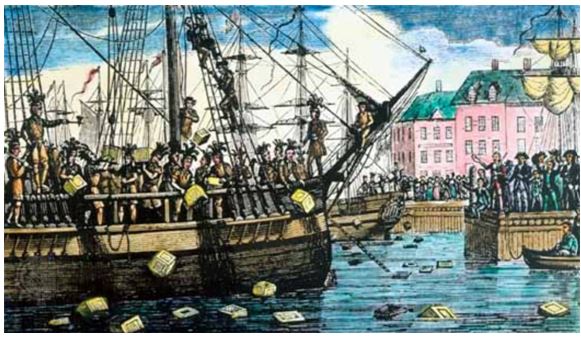 | Boston Patriots protest the tea tax and dump the tea into the harbor |
John Locke,  | Said we all have the natural rights of life, liberty and property |
King George III, 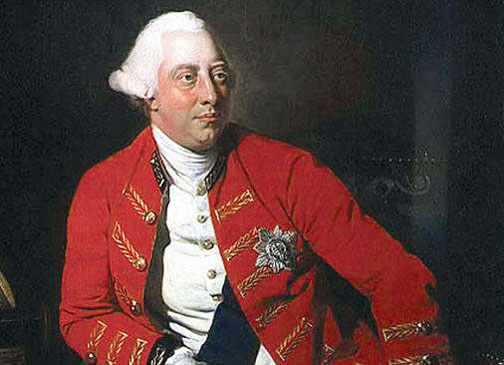 | Grievances against him were listed in the Declaration of Independence |
Lexington & Concord, 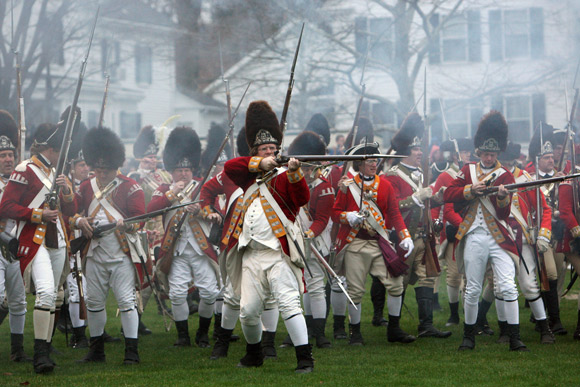 | First shots of the Revolution |
Yorktown, 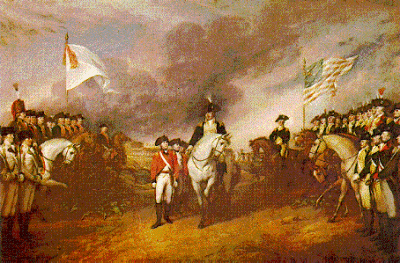 | The French Navy helped Washington capture a British Army |
Thomas Paine,  | Wrote Common Sense that argued for American independence from Britain |
George Mason, 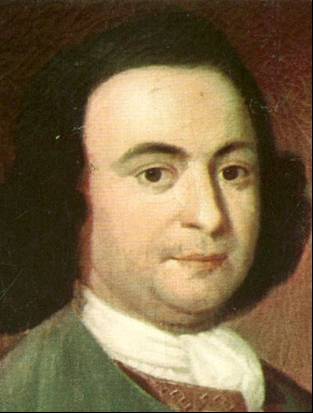 | Wrote the Virginia Declaration of Rights |
Loyalist (Tories),  | Supported Britain due to culture or economic ties and supported British tax policies |
Patriots,  | Supported independence; provided troops to the American Army; inspired by Paine |
Proclamation of 1763, 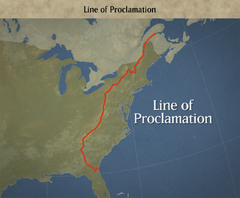 | Prohibited Settlements west of the Appalachian Mountians |
1st Continental Congress, 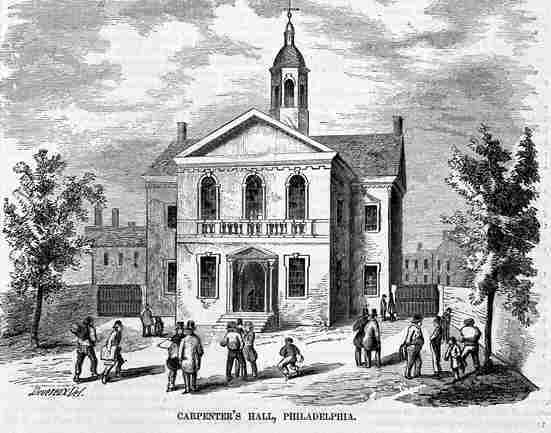 | marked the first time that all of the Colonies met and acted together |
Benjamin Franklin, 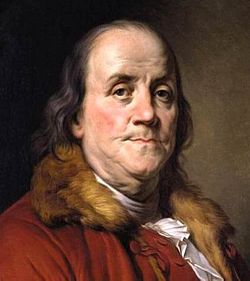 | negotiated a treaty of alliance with France |
Articles of Confederation, 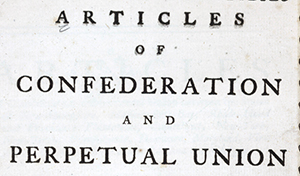 | a weak form of national government with no power to tax, coin money or control trade |
Great Compromise, 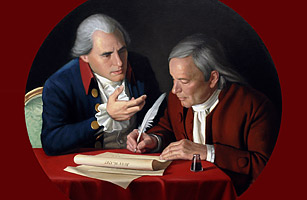 | based represenation in the Senate on states and in the House on population |
3/5ths Compromise, 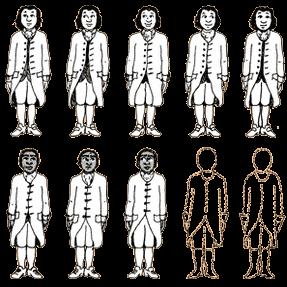 | counted slaves as 3/5ths of a person for representation puposes |
The Virginia Plan, 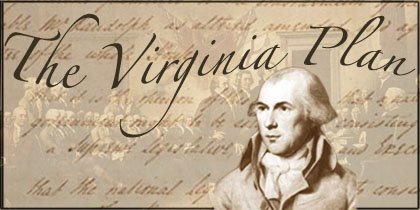 | Proposed a new government with three branches |
the Stamp Act,  | place a tax on legal documents and other printed materials |
French & Indian War, 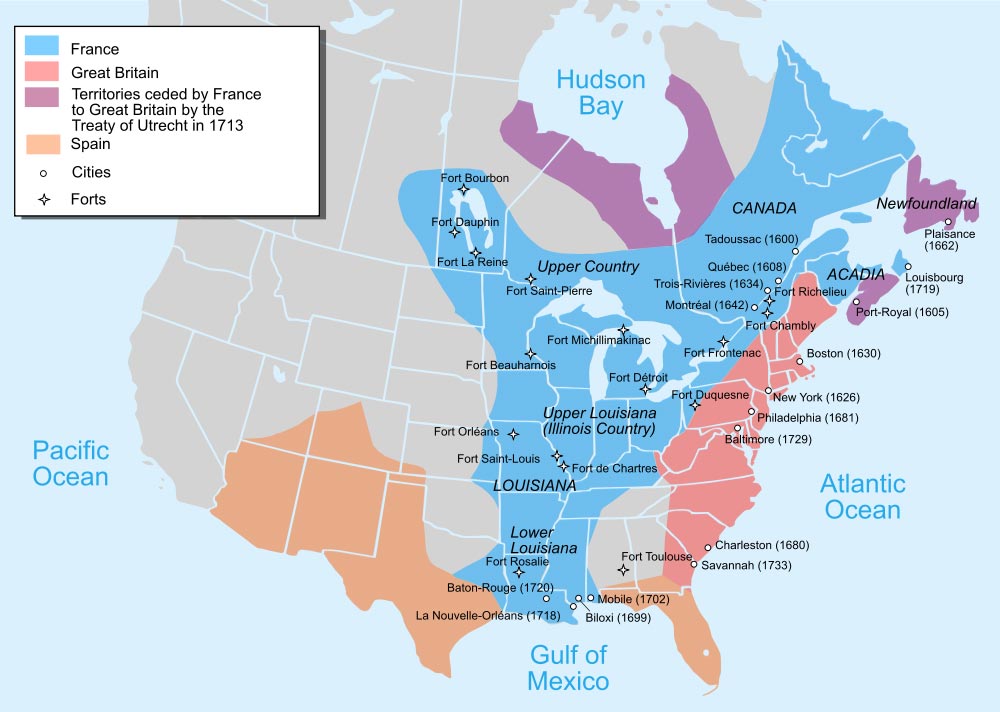 | Resulted in France loosing Canada and territories west of the Appalachian Mountians |
Anti-Federalist View, 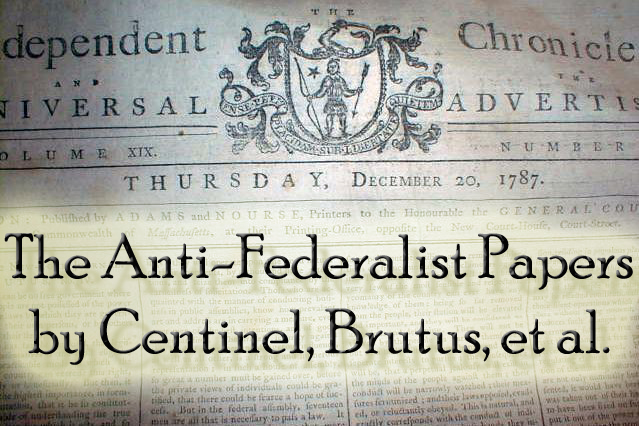 | Feared that the new Constitution was too strong |
Thomas Jefferson, 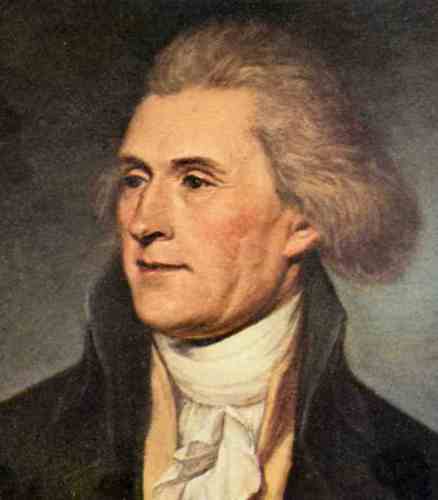 | Wrote the Declaration of Independence & VA statute of Religious Freedom |
Minutemen, 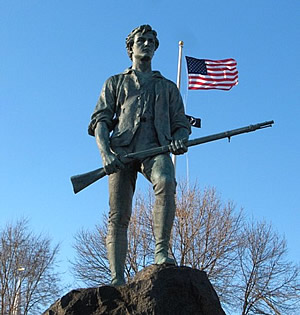 | Fought first skirmish of the war against the British regulars |
Neutrals, 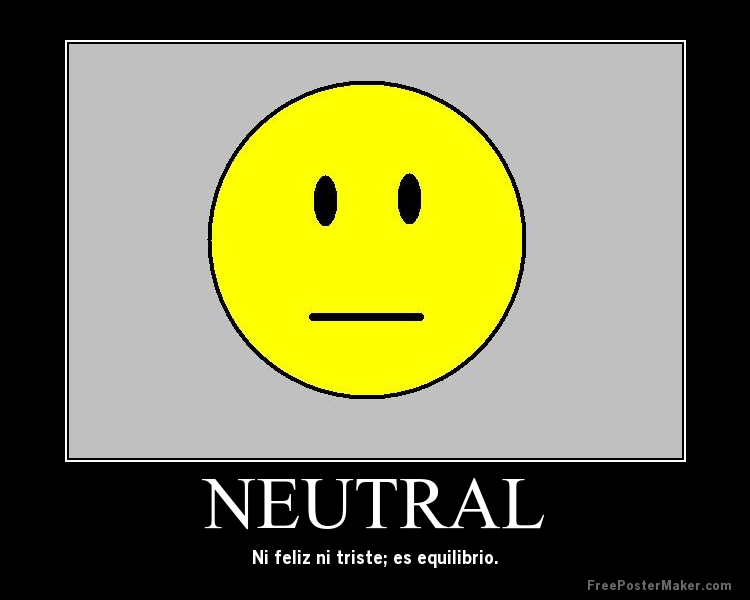 | those that didn't take a side in the American Revolution |
the Enlightenment, 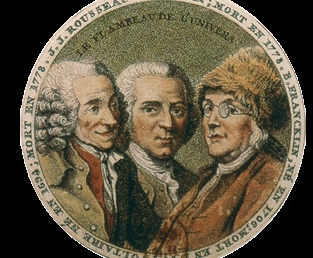 | 17th & 18th century Europe in which new ideas about rights and government emerged |
Bill of Rights, 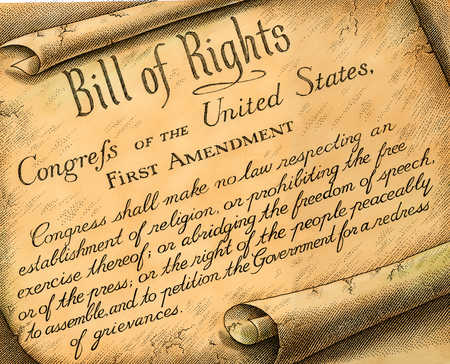 | written by James Madison to protect individual rights under the new Constitution |
VA statute of Religious Freedom, 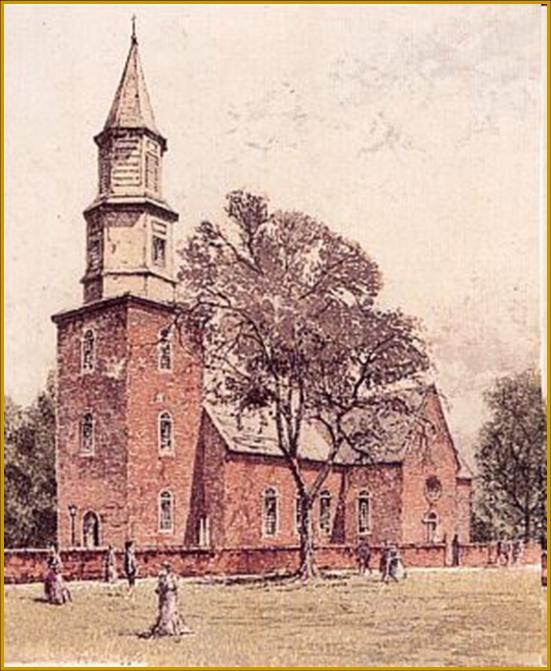 | ended state sponsored religion in Virginia |
Federalist View, 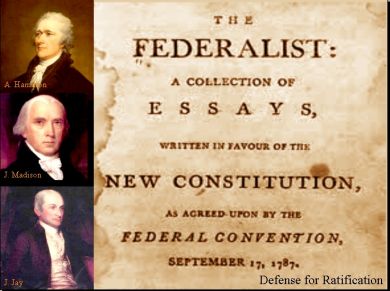 | supported the Consitution because the nation needed a strong government |
ordered liberty, 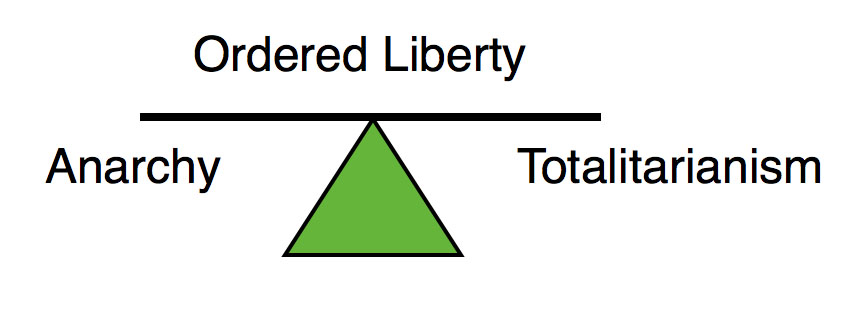 | when people agree to obey the laws established by their government |
anti-Federalist leaders,  | Patrick Henry and George Mason |
Federalist leaders,  | George Washington & James Madison |
Federalism, 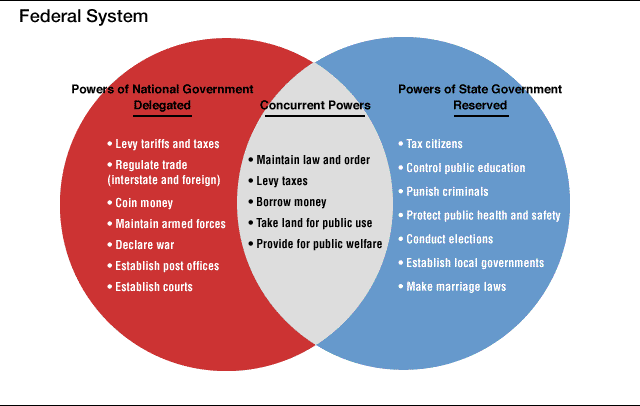 | a government in which states and the central government share power |
Declaration of Independence, 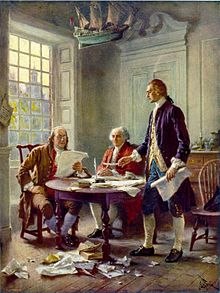 | ...all men are created equal.. and have the rights of life, liberty and the pursuit of hapiness. |